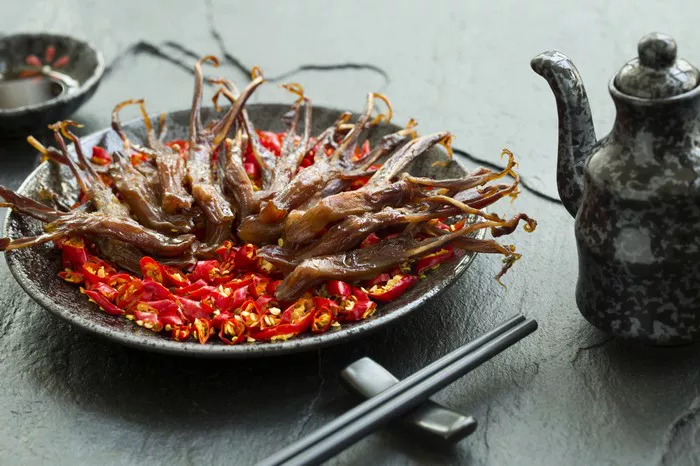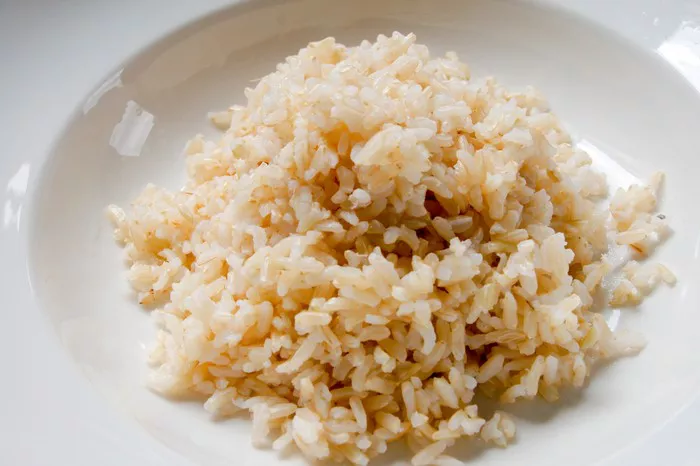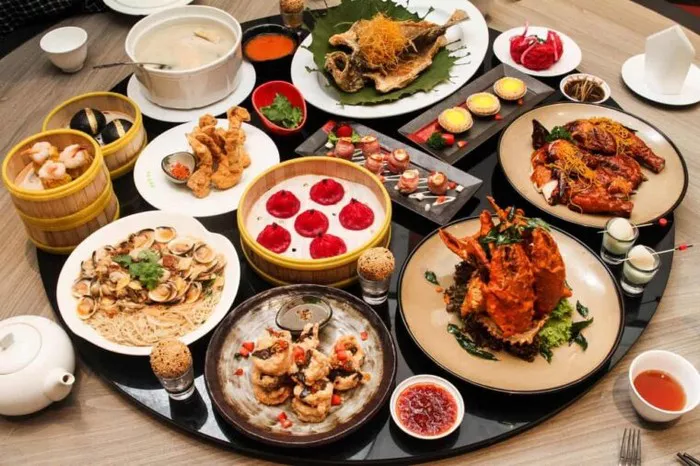Chinese cuisine is a tapestry woven from centuries of cultural influences, regional diversity, and a relentless pursuit of flavor. One of the most striking aspects of Chinese gastronomy is its unabashed love for spicy food. From the fiery depths of Sichuan cuisine to the red-hot peppery allure of Hunan dishes, the Chinese have an enduring affair with spiciness that goes beyond mere taste. This article delves into the multifaceted reasons behind why spicy food holds such a special place in the hearts, palates, and culture of the Chinese people.
A Cultural Kaleidoscope
China’s fascination with spicy food is deeply embedded in its cultural fabric. The love for spicy flavors can be traced back to the ancient Silk Road trade routes that brought spices from the Indian subcontinent and Central Asia. These exotic ingredients blended with local produce, creating a tantalizing array of flavors that continue to tantalize modern taste buds.
1. Yin and Yang: The Balance of Flavors
Chinese cuisine is built on the principles of balance and harmony, with five primary flavors – sweet, sour, bitter, salty, and umami – all playing their roles. The inclusion of spiciness contributes to this intricate balance. Spicy foods are believed to invigorate the body and promote circulation, which complements the cooling nature of many other Chinese dishes. The contrast between spicy and mild flavors creates a dynamic dining experience, engaging multiple senses.
2. A Tribute to Diversity: Regional Influences
China is a vast nation with diverse geography and climatic conditions, leading to an array of regional cuisines. The affinity for spicy food varies across these regions, with some areas embracing it more fervently than others. The heartland of fiery cuisine lies in Sichuan and Hunan provinces, where the love for chili peppers borders on devotion. The Sichuan peppercorn, known for its numbing and tingling effect, is a defining element in Sichuan dishes, while Hunan cuisine thrives on intense heat.
3. A Quest for Adventure: Sensory Stimulation
The Chinese people’s appreciation for spicy food goes beyond sustenance; it is an adventure for the palate. The tingling, numbing, and burning sensations induced by spicy ingredients engage the senses in a unique manner. This sensory experience creates a thrilling, almost addictive quality that many spicy food enthusiasts seek. The excitement of eating spicy food is akin to a rollercoaster ride for the taste buds, releasing endorphins and adding an extra layer of pleasure to the act of eating.
4. Cultural Symbolism: Luck, Vitality, and Prosperity
In Chinese culture, red is a color that symbolizes luck, vitality, and prosperity. Chili peppers, often an integral part of spicy dishes, are naturally red, contributing to their symbolic importance. The consumption of spicy food, especially during festive occasions, is believed to bring good fortune and chase away negative energy. This cultural association between spiciness and positive attributes further deepens the Chinese people’s affinity for fiery flavors.
5. An Artful Balance: Culinary Craftsmanship
The preparation of spicy Chinese dishes is an art that requires skill and precision. Chefs must strike a delicate balance between the heat of the peppers and the other components of the dish. Achieving the perfect equilibrium between spiciness, seasoning, and texture is a mark of culinary mastery. This quest for balance elevates the appreciation for spicy dishes, as each mouthful showcases the chef’s expertise in harmonizing flavors.
6. Tradition Meets Innovation: Modern Adaptations
While traditional spicy dishes remain popular, Chinese cuisine has also embraced innovation. Fusion cuisine, international influences, and modern cooking techniques have led to the creation of new spicy dishes that resonate with younger generations. This blend of tradition and innovation keeps the love for spicy food alive, evolving with the changing times.
7. Social Dynamics: A Shared Experience
In China, eating is a communal activity that brings people together. The experience of sharing a spicy meal creates a sense of unity and camaraderie. The shared challenge of consuming fiery dishes fosters connections, initiates conversations, and creates lasting memories. The dining table becomes a stage for bonding, laughter, and shared moments of triumph as diners conquer the spiciness together.
8. A Remedy for Climate: Culinary Comfort
The weather and climate of different regions influence dietary preferences. In colder regions like Sichuan, the consumption of spicy food can provide a sense of warmth and comfort. The heat generated by spicy ingredients can help counter the chill, making it a practical choice for survival as well as pleasure.
Conclusion
The Chinese love affair with spicy food is a multi-layered phenomenon that intertwines culture, history, flavor, and community. From its ancient origins along the Silk Road to its modern interpretations, the passion for culinary heat has endured and evolved. Spicy food has become more than just sustenance; it’s an experience that invigorates the senses, brings people together, and symbolizes luck and vitality. As China continues to evolve and adapt, its fiery passion for spicy food remains an essential ingredient in its rich culinary tapestry.




















